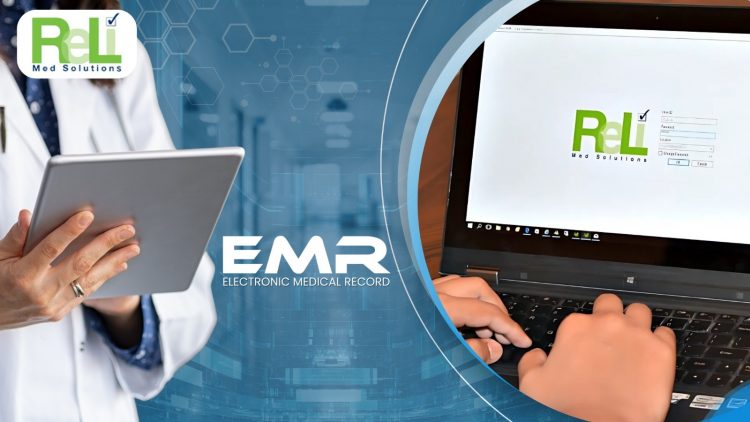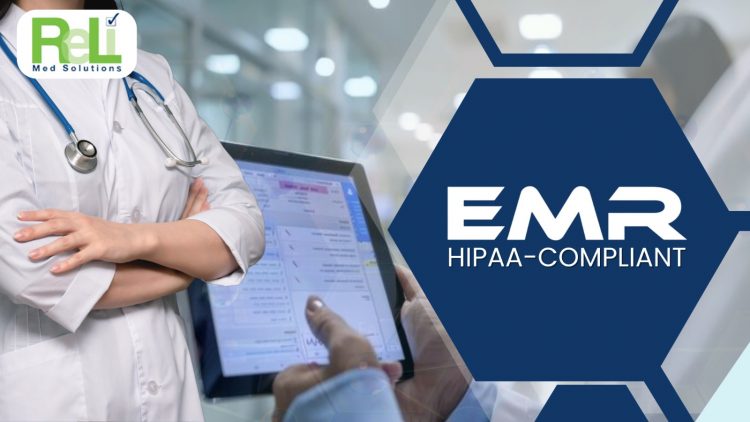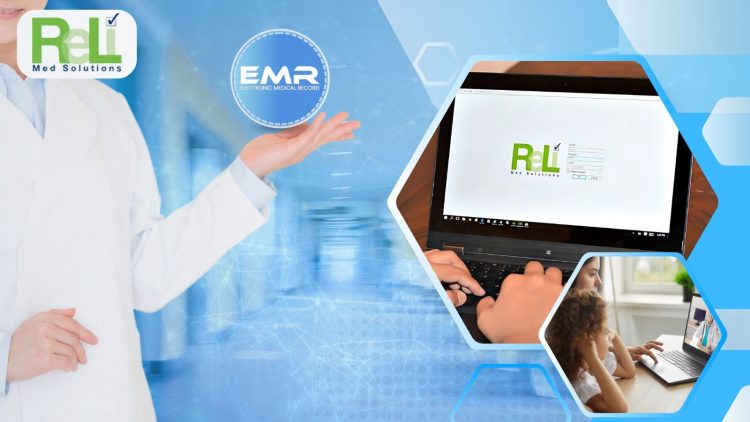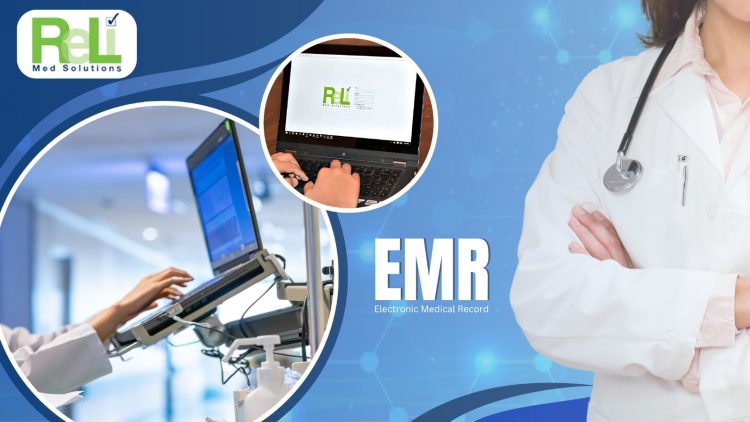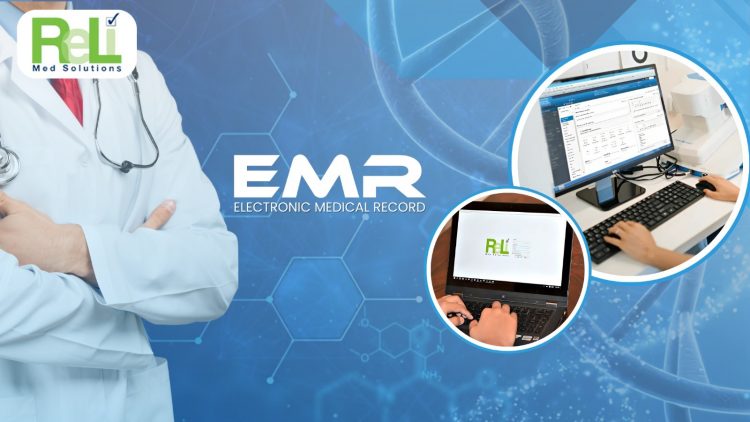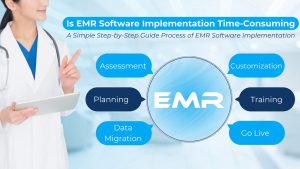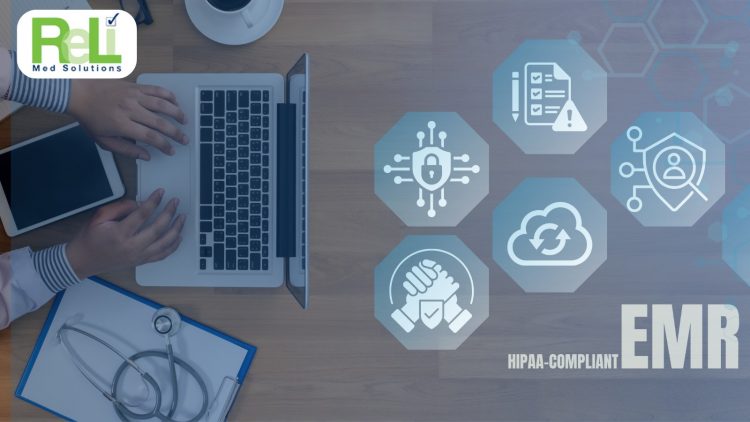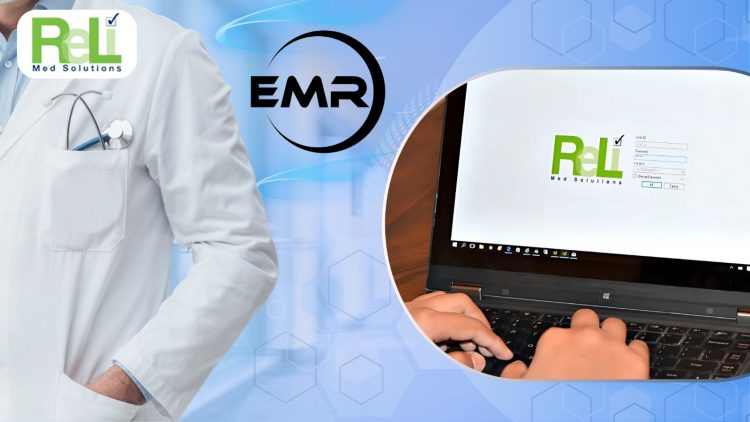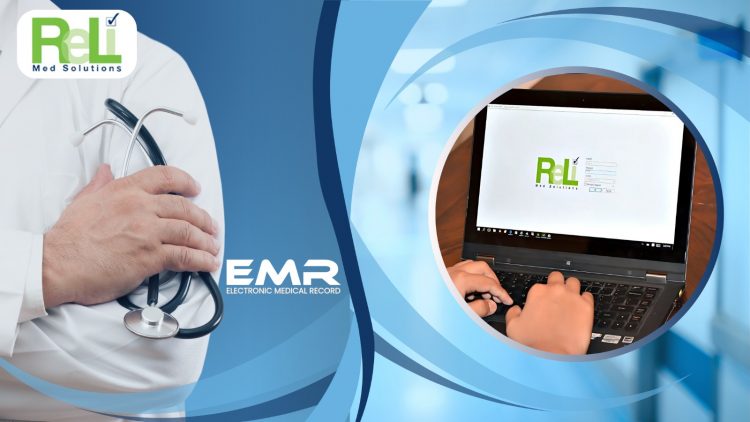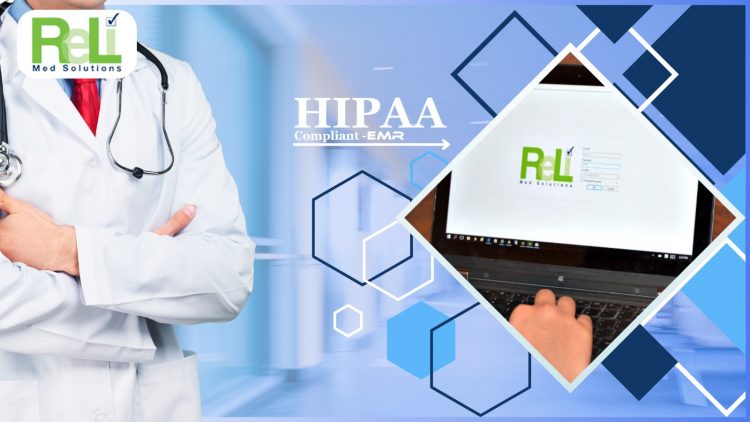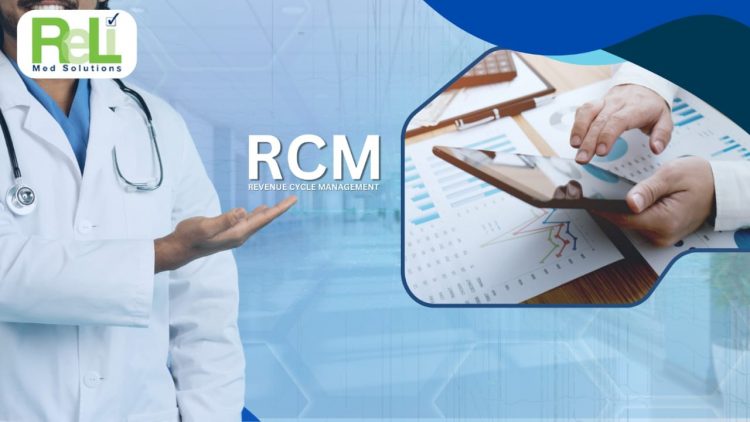Advantages of Affordable EMR Systems for FQHCs
Affordable EMR Systems are transforming how FQHCs deliver care to communities in need. These centres provide essential health care services to people who may not afford traditional options. However, managing patient information and operations can be difficult without proper tools. EMR systems make it easier to handle medical records, improve efficiency, and focus on patient care. Because of that, FQHCs, even with limited budgets, can offer better services while reducing costs and administrative tasks, ensuring high-quality care for underserved populations.
What Are FQHCs and Why Are They Important?
FQHCs are health care providers that give medical help to people, even if they cannot pay. They help people in both cities and rural areas, offering services like medical checkups, dental care, and mental health support. If someone needs help but doesn’t have insurance, they can still visit an FQHC. However, managing so many types of care can be difficult without systems like EHR to keep all the information in one place.
With an EHR, doctors and nurses can quickly look at a patient’s medical history and make better decisions. Because of that, patients get faster and safer care. Without tools like these, FQHCs would have to rely on paper records, which take longer to use and are easier to lose or misplace.
How Affordable EMR Systems Benefit FQHCs?
Affordable EMR Systems are a good solution for FQHCs because they are simple to use and save the money. These systems make managing Medical Records much easier by storing everything in one secure place. So, doctors and staff can find what they need quickly and avoid spending too much time on paperwork.
Another big benefit is that these systems help doctors and staff work together better. For example, if a patient needs both medical care and mental health support, an EMR makes sure all the information is shared between providers. Because of that, everyone can focus on giving the patient the best care possible. These systems also reduce time spent on administrative tasks, so FQHCs can help more people.
Improving Small Practice Efficiency with Affordable EMR Options
Small FQHCs have a harder time because they often don’t have enough staff or money. However affordable EMR systems can help them do more with less. These systems include tools to make scheduling, reminders, and data entry faster and simpler. Because of that, staff can spend more time helping patients instead of worrying about paperwork.
Affordable EMRs are also helpful for Medical Billing Services. They make sure bills are correct and sent on time. If there is a mistake, the system makes it easy to find and fix. So, small FQHCs can avoid losing money and focus on caring for their patients.
Affordable EMRs: Bridging the Gap in Rural and Urban Health care
Affordable EMR Systems are great for both rural and urban FQHCs. In rural areas, patients may not be able to visit a clinic easily. But with EMRs, doctors can use telemedicine to connect with these patients remotely. Because of that, rural FQHCs can help more people without needing them to travel long distances.
In urban areas, where clinics see more patients, EMRs help keep everything organized. These systems also improve RCM by keeping track of treatments, payments, and follow-ups. If urban FQHCs did not use EMRs, it would be much harder to manage all the patients they see every day. With EMRs, they can give high-quality care and stay organized.
Choose ReLi Med Solutions for Affordable EMR Systems
Affordable EMR Systems are changing how FQHCs care for their patients. They help these centres work better and save money at the same time. So, finding the right EMR provider is very important for FQHCs that want to improve their services. ReLi Med Solutions makes easy-to-use, reliable EMR systems that are perfect for FQHCs. These systems help health care providers to take care of patients, reduce time spent on paperwork, and follow all the rules. If you want to make your FQHC work better, contact ReLi Med Solutions today to get started with their helpful EMR systems!
Conclusion
Affordable EMR Systems are a great solution for FQHCs to improve patient care and manage their operations better. These systems save time, reduce costs, and make it easier for health care providers to share and access important patient information. Because of that, FQHCs can focus on giving quality care to underserved communities. Choosing the right EMR system is important, and ReLi Med Solutions offers affordable and easy-to-use options. Contact ReLi Med Solutions today to help your FQHC provide better care with advanced and affordable EMR solutions.

